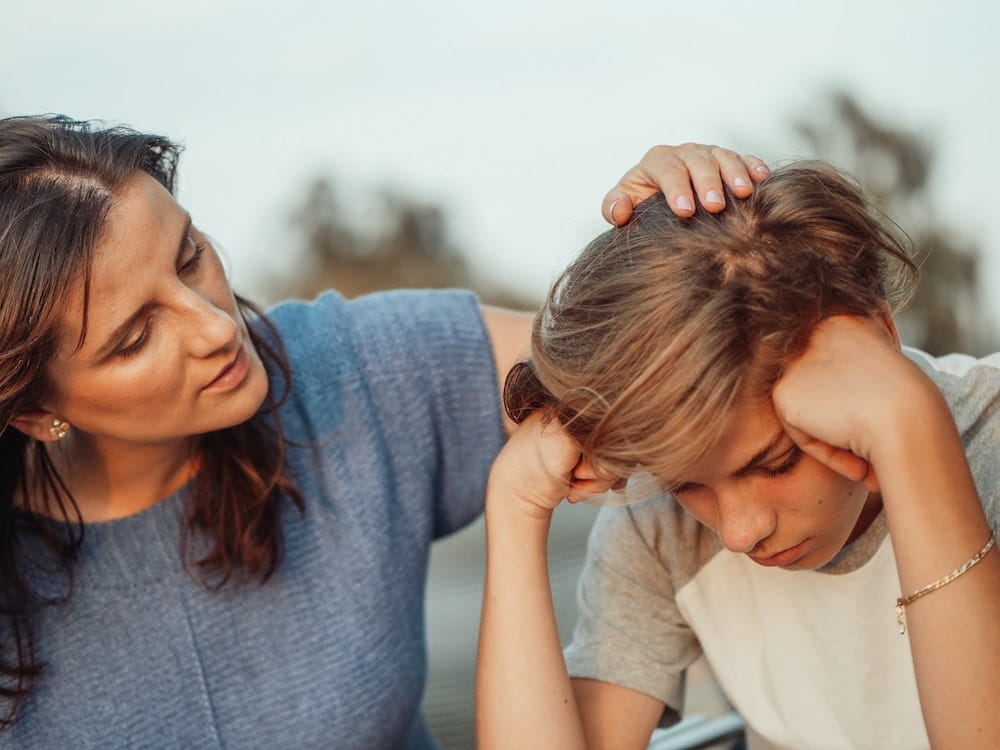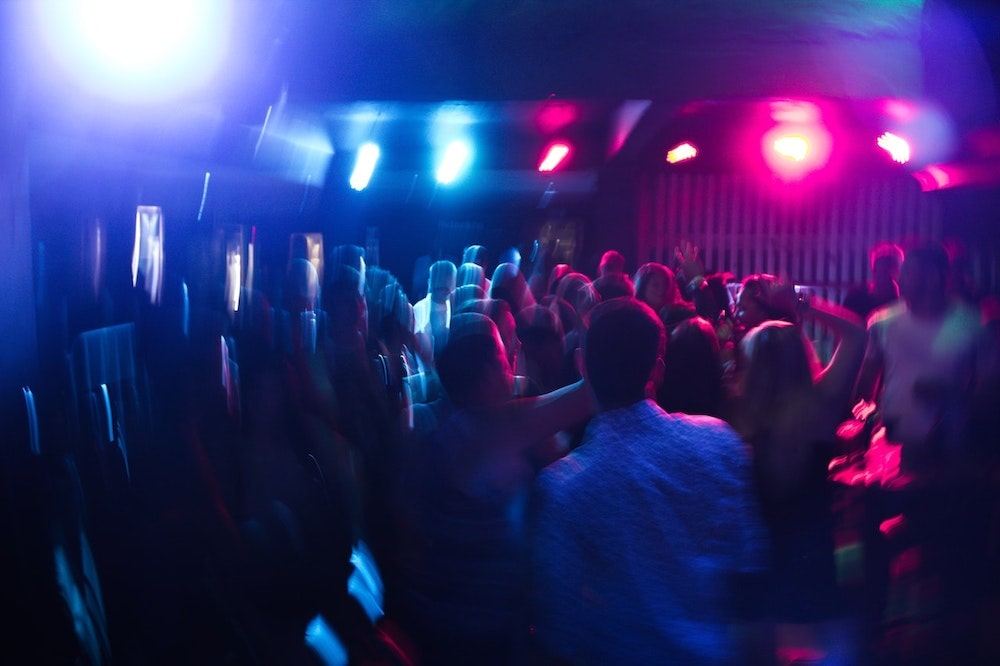The thought of your teenager being assaulted in a nightclub is one that no parent ever wants to consider. Unfortunately, it’s an unfortunate reality for many families across the United States, and South Carolina is no exception. If your teen has been a victim of assault in a nightclub in South Carolina, there are certain steps you can take to ensure their safety and well-being moving forward.
Let’s explore six things you can do if your teen was a victim of an assault in a South Carolina nightclub.
Document the Incident
The first step to take when your teen has been assaulted is to document the incident thoroughly. This includes taking photos, writing down any details about the incident, and filing a police report as soon as possible. Depending on the severity of the assault, it might also be worth considering contacting a lawyer.
Additionally, depending on the type of fault, whether was it negligence, premises liability, etc., you may be able to pursue legal action against the nightclub. According to the negligent security attorney in North Myrtle Beach, South Carolina, taking legal action can provide your teen with some compensation for their injuries. However, documentation and pieces of evidence need to be gathered to prove that the club was at fault.
Seek Medical Attention
It is important to ensure your teen receives medical attention as soon as possible after an assault has taken place. This should include seeking out emergency care from a hospital, as well as following up with a mental health professional if necessary.
Additionally, it’s important to take note of any physical or psychological injuries your teen has suffered as a result of the assault. This may be important when filing legal claims against the nightclub.
On the other hand, if your teen is not comfortable seeking medical attention, there are other options available to them. There are a variety of organizations that offer support and services for victims of assault in South Carolina, such as the South Carolina Coalition Against Domestic Violence and Sexual Assault (SCCADVAS). These organizations can provide guidance and assistance during this difficult time.
Reach Out to Community Resources
In addition to medical and mental health services, there are a variety of community resources that can provide support for your teen. These include support groups, counseling services, and legal help.
Your local police department may also be able to connect you with organizations in the community that offer assistance for victims of assault. It’s important to reach out to as many of these resources as possible to ensure your teen receives the help and support they need.
Additionally, other parents in the community may be able to provide valuable advice and insight into how best to handle these situations.
Create a Safe Environment
Creating a safe environment for your teen is essential following an assault. This may mean setting boundaries and limits if necessary, as well as removing any potential triggers from the home. Additionally, you may want to consider talking with your teen about ways they can protect themselves in the future, such as carrying a self-defense tool or avoiding certain areas of town.
However, communication is key when it comes to helping teens process and heal from an assault. Encouraging open and honest conversations with your teen will allow them to share their feelings and experiences. Additionally, it’s important to be understanding and non-judgmental about whatever your teen shares with you.
Prevention and Education
 Finally, it’s important to focus on prevention and education. Talk to your teen about the importance of safety in nightclubs, as well as strategies for staying safe. Additionally, encourage them to reach out for help if they ever feel unsafe or threatened.
Finally, it’s important to focus on prevention and education. Talk to your teen about the importance of safety in nightclubs, as well as strategies for staying safe. Additionally, encourage them to reach out for help if they ever feel unsafe or threatened.
It is also worth considering teaching self-defense classes to your teens and their friends. This can give them the tools they need to protect themselves in dangerous situations.
However, make sure to focus on the importance of consent and respect when talking to your teens about these topics.
Seeking medical attention, reaching out to community resources, creating a safe environment for your teen, and focusing on prevention and education can help them cope with an assault as well as prevent future assaults from occurring. It’s also worth considering taking legal action against the nightclub if possible.
By being proactive and prepared you can ensure your teenager will be safe while enjoying nightlife activities in South Carolina, and if an assault happens you will be armed with the knowledge of what steps to take.
By understanding what actions you can take and where to go for help, you can provide your teenager with the support they need in this difficult time.

